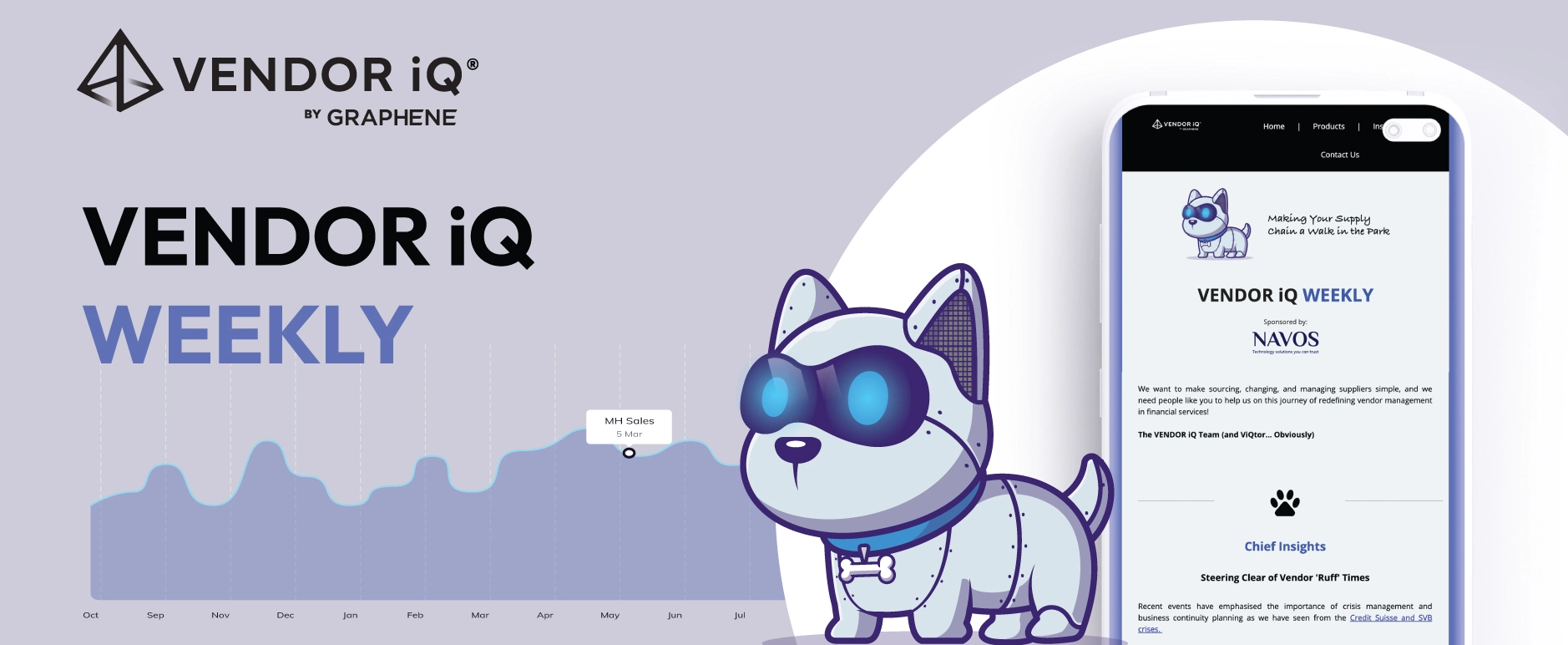The financial services industry has witnessed rapid digital transformation in the past few years, with the introduction of advanced technologies like artificial intelligence (AI) and machine learning (ML) shaping the industry’s future. One such technology that has gained widespread attention is Chatbots powered by GPT (Generative Pre-trained Transformer) technology. Chatbots are AI-powered tools that are capable of providing real-time responses to customer queries, offering personalised investment advice, and even executing trades on behalf of clients.
Chatbots can be particularly useful in wealth management and investment services, where personalised advice and customer satisfaction are crucial to retaining clients. However, the introduction of Chatbots raises several concerns, including their ability to replicate human-like conversations and the impact on job roles. This article will offer valuable insights from wealth management and investment professionals on how they view ChatGPT’s potential impact on financial services.
ChatGPT’s Ability to Enhance Customer Experience
The financial services industry has always been focused on delivering superior customer service to clients. Chatbots powered by GPT technology can be useful in enhancing the customer experience by providing personalised investment advice and addressing customer queries in real-time. Wealth management and investment professionals can leverage Chatbots to interact with clients and offer customised investment solutions based on their unique financial goals and risk appetite. This level of personalisation can lead to higher client satisfaction and retention rates.
Chatbots can also provide clients with real-time updates on their investments, including performance tracking, market insights, and analysis. This real-time information can help clients make informed investment decisions and keep them updated on their portfolio performance. Furthermore, Chatbots can be available 24/7, ensuring that clients have access to their investment information at all times.
Concerns around ChatGPT’s Ability to Replicate Human-like Conversations
One of the primary concerns raised by wealth management and investment professionals around ChatGPT technology is its ability to replicate human-like conversations. While Chatbots can be effective in addressing customer queries and providing real-time investment advice, their ability to replicate human-like conversations is still a matter of concern.
According to Sarah Pennells, founder of SavvyWoman.co.uk, “I think there’s always going to be a place for human advisers, particularly when it comes to more complex financial planning or situations where clients want to talk through their options with someone they trust.” This sentiment is echoed by many wealth management and investment professionals, who believe that Chatbots cannot replace the value that human advisors bring to the table.
ChatGPT’s Impact on Job Roles
Another concern raised by wealth management and investment professionals around ChatGPT technology is its impact on job roles. While Chatbots can provide real-time investment advice and execute trades on behalf of clients, they cannot replace the role of human advisors entirely. Many wealth management and investment professionals fear that Chatbots may replace certain job roles, leading to a decrease in demand for human advisors.
However, wealth management and investment professionals can leverage Chatbots to complement their existing services and improve their productivity. Chatbots can handle routine tasks like answering customer queries, providing investment advice, and executing trades, freeing up human advisors’ time to focus on more complex tasks like financial planning and risk management.
The Need for a Hybrid Approach
While Chatbots powered by GPT technology can be useful in enhancing the customer experience and improving productivity, wealth management and investment professionals believe that a hybrid approach is necessary to balance the benefits of technology with the value of human advisors.
According to Alex Graham, CEO of Two Sigma Advisers, “AI-driven technologies will enable a more seamless client experience and enhance the work we do, but they will not replace the value of human judgement, and we believe that there is a critical need for a hybrid approach in which technology complements the work of human experts.”
The hybrid approach can help to address the concerns raised by wealth management and investment professionals around ChatGPT technology. Wealth management and investment firms can leverage Chatbots to handle routine tasks, freeing up human advisors’ time to focus on more complex tasks. Additionally, the hybrid approach can provide clients with access to both technology-driven and human-driven advice, ensuring that clients have a personalised experience while also benefiting from human judgment.
The Future of ChatGPT in Financial Services
Chatbots powered by GPT technology have the potential to revolutionize the financial services industry, offering personalised investment advice, real-time market insights, and analysis. However, the full potential of ChatGPT technology is yet to be realized, and there is a need for further development and innovation in the field.
In the future, Chatbots powered by GPT technology can be integrated with other advanced technologies like blockchain and data analytics, offering a more comprehensive investment solution. Furthermore, with the advancements in natural language processing and machine learning, Chatbots may be able to replicate human-like conversations with greater accuracy, reducing concerns around their ability to replace human advisors entirely.
Chatbots powered by GPT technology have the potential to revolutionize the financial services industry, offering personalised investment advice and real-time market insights. However, concerns around their ability to replicate human-like conversations and impact on job roles must be addressed. Wealth management and investment professionals believe that a hybrid approach, where technology complements the work of human advisors, is necessary to balance the benefits of technology with the value of human judgment.
As ChatGPT technology continues to develop and evolve, wealth management and investment professionals must embrace the potential benefits of technology while also addressing concerns around its impact on job roles and customer experience. The future of ChatGPT technology in financial services looks bright, and firms that can effectively leverage this technology will be well-positioned to offer superior customer service and retain their clients.
“As firms increasingly incorporate AI into their investment processes, we believe there is a significant opportunity for humans and machines to work together, with machines augmenting human expertise and decision-making rather than replacing it.” – BlackRock





